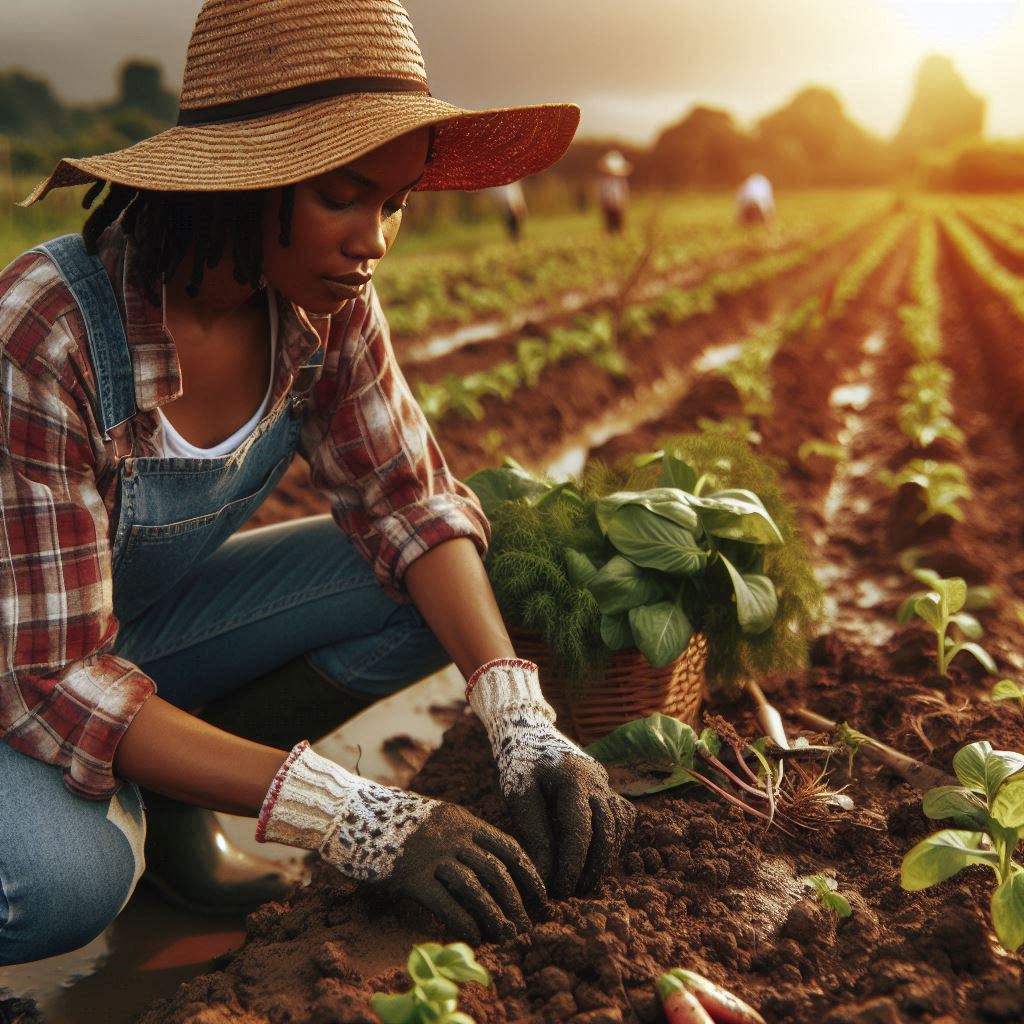The Intersection of Climate Change and Gender Inequality

|
Getting your Trinity Audio player ready...
|
Climate change is one of the most pressing global challenges we face today. While discussions about its impacts are common, the effects on the rights and lives of women and girls, particularly Nigerian women and girls, are often overlooked. As climate-related phenomena such as desertification, deforestation, drought, and flooding intensify, their implications on women and girls are becoming increasingly evident.
In rural Nigeria, where agriculture is the primary occupation, droughts have prevented farmers from planting due to their reliance on consistent rain patterns. This has exacerbated food insecurity and poverty, compelling families to marry off their minor daughters to reduce the number of people to feed and generate income. Such practices violate girls’ rights to choose when and whom to marry and deny them access to education.
Moreover, climate change has devastating effects on women’s health and nutrition. During periods of food insecurity, there is a societal expectation that women will sacrifice their own needs, leading to malnutrition and health complications. In cases of outbreaks, women who are often the primary caregivers are overwhelmed as they manage their families’ health needs while struggling with their own health challenges.
Girls’ access to education is severely compromised, as they are often the first to be withdrawn from school to assist with work or chores. This disruption limits their future opportunities and entrenches them further in poverty as adults, reducing their financial independence and decision-making power within households and communities.
With rising sea levels and extreme weather events displacing communities, women and girls are at greater risk of gender-based violence, exploitation, and trafficking. Even in refugee camps, they face sexual abuse and often lack access to healthcare, menstrual products, sanitation, and security.
It is crucial to adopt a gender-sensitive approach when discussing the implications of climate change. By doing so, we can implement gender-inclusive changes that promote a more equitable society for women and girls.






